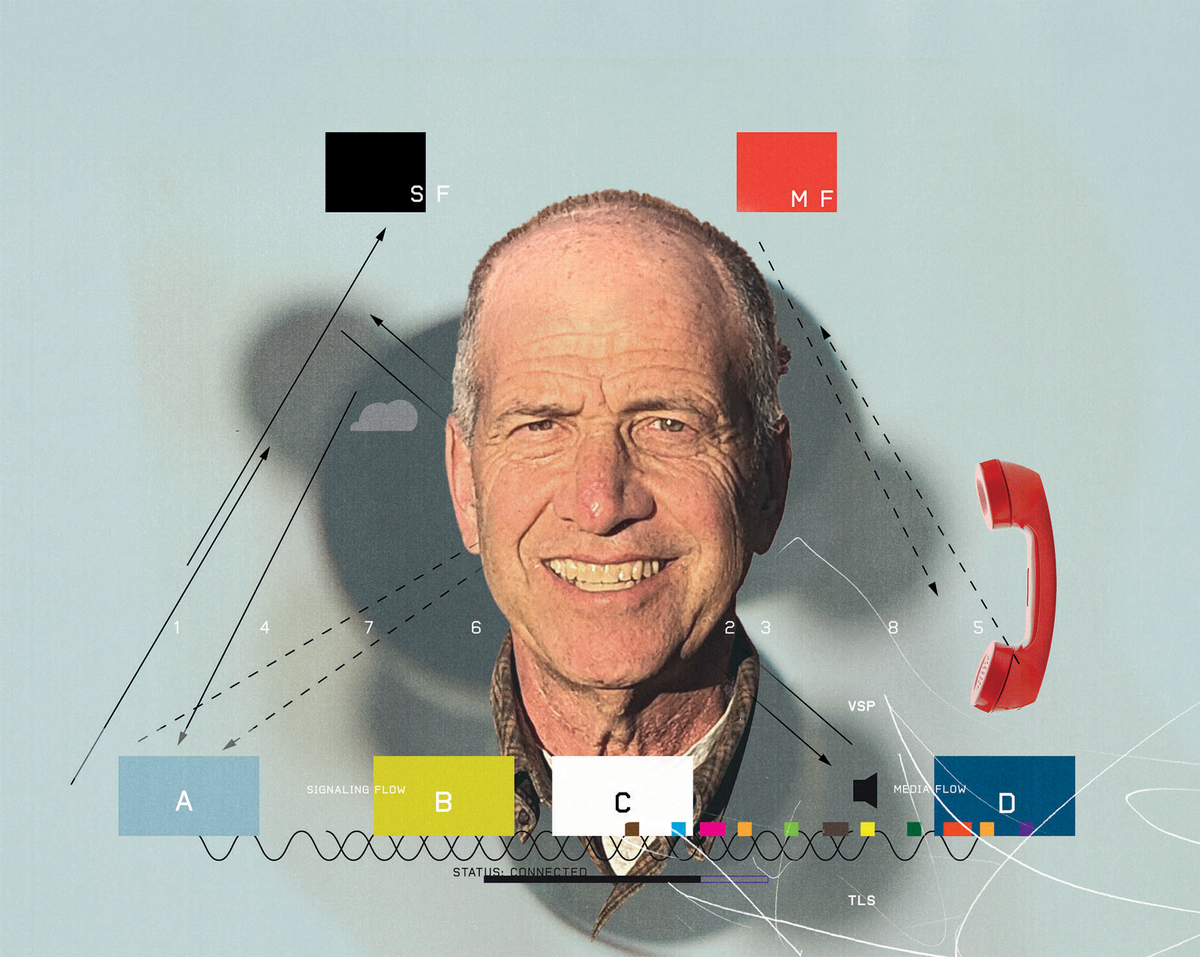On November 2, the Supreme Court will be hearing arguments about a controversial California ban on the sale of explicit games to minors. Warren Spector, acclaimed designer of Deus Ex and the upcoming Epic Mickey, has taken up the cause saying that "This is a case of great significance to you and me -- to all people who play or create games and believe in the First Amendment."
On Monday, October 19, an advocacy group called the Video Game Voters Network will be holding a National Day of Action. Here's more info.
This battle isn't new. It cuts to the misperception that video games are for kids. This fight began, in many ways, back in early 90s, and the ruckus over Mortal Kombat. Compared to innocuous hits like SimCity 2000 (a city simulation from Will Wright) and Super Mario Brothers All-Stars (the winning collection of Nintendo’s erstwhile platform game), Mortal Kombat shocked the parents and politicians who believed that games – video or otherwise - were for kids. The fact that the blood-soaked version of the game for the Sega Genesis was outselling the bloodless version of the game on the family friendly Nintendo Entertainment System three-to-one only made them more nervous.
The Mortal Kombat panic reached a sensational crescendo in the United States on December 9, 1993, when Senator Joseph Lieberman held the first federal hearings on the threat of violent video games to children. While culture warriors in the U.S. had played out similar debates over comic books in the 1950s and rock and roll after that, the battle over violent games had an urgently contemporary ring. Gamers were the new outlaws.
“Because they are active rather than passive, [video games] can do more than desensitize impressionable children to violence,” warned the president of the National Education Association at Lieberman’s hearings, “They actually encourage violence as the resolution of first resort by rewarding participants for killing one’s opponents in the most grisly ways imaginable.”
Of course, video games have never really been for kids in the first place. They rose up to prominence in the college computer labs, where shaggy geeks coded their own games on huge mainframe PCs. From there, the so-called “golden age” of home consoles like the Atari 2600 and arcade machines like Pac-Man lured a new generation of players into the fold. By the early 90s, these legions of kids were now tinkering with their own PCs at home. A burgeoning underground of edgy, even violent games like Wolfenstein 3-D and Doom had become a phenomenon among diehards.
To ward off the threat of legislation as a result of the Lieberman hearings, the video game industry creating the Interactive Digital Software Association, a trade group representing their interest (now know as the Entertainment Software Association). They also launched the Entertainment Software Ratings Board to voluntarily assign ratings to their game. With Mortal Kombat panic still griping the world, the media fed the flames in the UK. Video games were “dangerous, violent, insidious, and they can cause everything from stunted growth to piles,” as one journalist frothed, “It's not just your children that they want, it's you, your pocket money and all your available free time. They cost a fortune, they'll be outdated in 10 minutes anyway, and they're nothing but an incomprehensible fad designed to warp and destroy young minds.”
Now here we are 16 years later. Warren Spector's email is copied below:
-------Forwarded Message-------
From: Warren Spector
Date: October 13, 2010
Subject: Games are art
Dear Friends,
Computer and video games are art, a form of artistic expression deserving of and, currently, protected by the First Amendment.
That hasn't stopped states though from trying to restrict the rights of our medium's artists, storytellers, and technical innovators. On November 2, the Supreme Court will hear arguments on the constitutionality of a California law that would restrict the sale of video games. This is a case of great significance to you and me -- to all people who play or create games and believe in the First Amendment.
Let's not beat around the bush -- if the Court's ruling goes against us, this law could lead to the future censorship of games, could irrevocably harm developers and would validate the absurd notion that video games are somehow a lesser form of creative expression.
We must act now. On October 19, I'm asking you to join me in urging all of your friends and co-workers, real-world or virtual, to stand up for video games by joining the Video Game Voters Network, an advocacy group fighting for their First Amendment protection.
Many people, including some of my personal heroes, like Stan Lee, have already encouraged us to take a stand. Now is the time for gamers to come together and spread the word through our social networks. Now is the time to ask every gamer we can reach to stand up with us and protect our First Amendment rights.
Here's the link:
https://www.videogamevoters.org/nocensorship
On October 19, please tweet this:
Games=Free Speech. Stand w/ @VideoGameVoters on 11/2 as #SCOTUS decides future of games https://vgvn.org/act #GamersUnite
Post it on Facebook and on your blog. Talk about it in interviews, on podcasts and with your colleagues. Encourage everyone you can to do the same. It's time for all of us who are tired of games being treated unfairly to band together and let our collective voice be heard.
Thank you for considering this call to action.
-- Warren Spector
David Kushner is the author of many books, including Masters of Doom, Jonny Magic & the Card Shark Kids, Levittown, The Bones of Marianna, and Alligator Candy. A contributing editor of Rolling Stone, he has written for publications including The New Yorker, Vanity Fair, Wired, and The New York Times Magazine.



